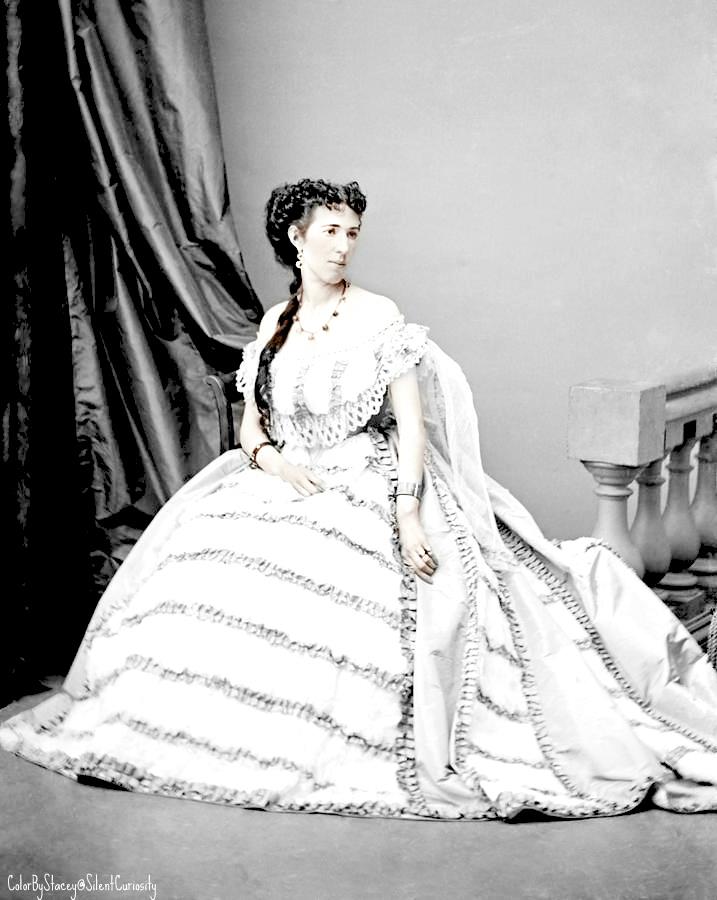I am talking, by the way, of historical novels in general. Historical fiction is one of my main favorites for reading since it revolves around history without necessarily being entirely constrained to word for word quotations and even entirely "real" occurrences, thus giving both the author and the reader a little leeway to use their imaginations. NOT that I condone messing with actual fact. Let's get that straight.
I do not usually read "biographical novels" (which, let's be honest are historical fiction based on a particular real person's life) preferring to get my facts about people from their own writings and/or biographers who have done extensive research. Anyway, I am currently reading The Smiling Rebel by Harnett T. Kane. It's about Belle Boyd:
I was reading along and around page 198, Belle and her papa are reading a newspaper account of Lincoln's "Emancipation Proclamation" (which, y'all really, if you read the wording is absolute poppycock since he had no jurisdiction over the areas in which he declared slaves "free"). So? So this:
Lincoln had changed the war's issue, altered the conflict for men and women in both sections and also for people of other nations. The war would now be a kind of crusade--slavery against freedom. (p 199)
A war for or against slavery.
Was slavery an issue? Yes. Was it the issue? No. Was slavery part of the "States Rights" issue/debate? Yes. Was it the cause of the war? No; even though some people can make a compelling case that it was a strong factor.
But look again at that quote...altered the conflict...in both sections and also for the people of other nations. Do you see it? Do you see what I saw in a way I hadn't seen before?
When Lincoln declared war on slavery (remember peeps, he said right out the gate that his goal was to "preserve the Union" [union? when the sides hate each other? what kind of "union" is that?] and if he could do it without freeing a single slave, he would)...well, when Lincoln declared war on slavery, he defined (I should say, redefined) the terms of the conflict and very likely put the final nail in the coffin of British support for the South--since the Brits were very anti-slavery. The man who defines the terms has an upper hand.
In conclusion of this probably slightly incoherent post, may I just say that allowing our enemy (I don't care where or when or what we're talking about) to define the terms of the fight (while occassionally inevitable) is a foolish thing to do. We end up spending our time trying to defend ourselves rather than being on the offense. We have justify our actions. Or maybe we don't have to, but we feel obliged to because we really just want to live in peace and maybe if they understand they will leave us alone. People. It doesn't work that way. The Enemy of Truth is never going to listen to Reason, Logic, or Good Morals. Live it. Fight it. Breath it. Teach it. But don't become an apologetic apologist--and I mean the person who apologizes for being right; be the apologist who unapologetically pronounces the Truth.










 RSS Feed
RSS Feed















